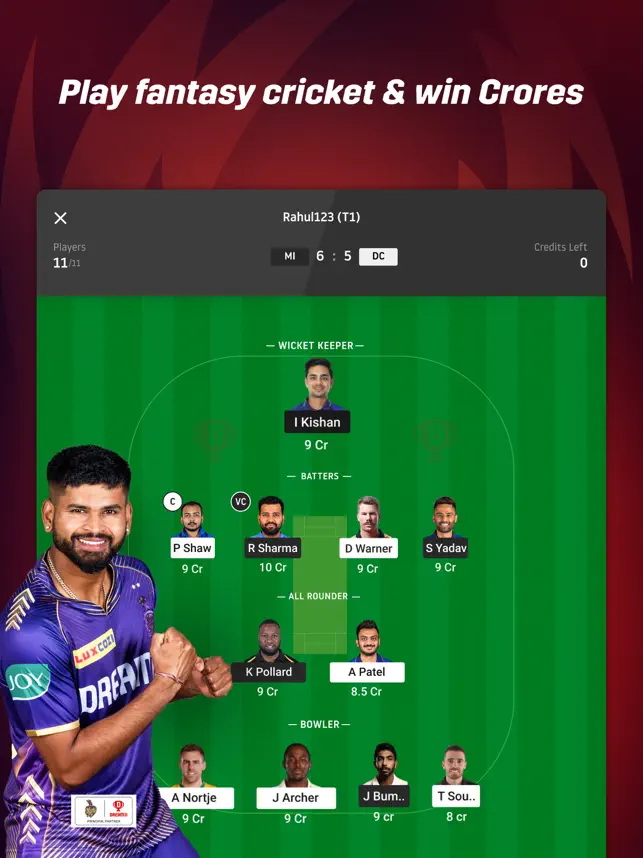As a marketer, you know how valuable SEO is when it comes to growing your business. Did you know, though, that there’s a difference between positive and negative SEO?
If you never heard of negative SEO or what it can do to your business, keep reading. This guide explains everything you need to know to prevent negative SEO.
What Is Negative SEO?
Let’s start our negative SEO guide with a breakdown of what negative SEO is.
Also known as “Black Hat SEO,” negative SEO uses malicious tactics to hurt your site’s reputation and steal search engine rankings.
An example might be copying your content and publishing it on multiple sites so you get penalized for plagiarism. Another example is creating fake social media profiles with your business’s name to ruin your reputation on Facebook, Twitter, etc.
How to Prevent Negative SEO
Negative SEO can certainly affect your business’s search engine ranking and ability to convert customers. Luckily, though, there are lots of ways to prevent this issue, including the following:
Conduct Regular Link Audits
Regular link audits ensure people aren’t embedding irrelevant links to your business on other websites.
The occasional spammy link likely won’t cause major issues. However, if there are lots of them on multiple websites, your business may be in trouble.
Consider investing in link auditing software to find and report these links.
Monitor Site Speed
Site speed is one of the most important factors that search engines like Google consider when ranking your website.
If your site has slowed down significantly, it might be because of forceful crawling. Forceful crawling occurs when competitors spam your website with visitors, causing it to slow down or crash and causing a penalty from the search engine.
You can spot forceful crawling by looking at where the majority of your visitors are coming from. If they’re all coming from one location, that might be an indicator of something nefarious.
Search for Scraped Content
Check regularly to ensure other businesses aren’t duplicating your content. Plugging your content into tools like Copyscape lets you know if others have stolen your work and tried to pass it off as their own.
Make a Report
If you notice any of the issues discussed above, make a report to Google and other search engines right away. By reporting your content as being stolen or letting the search engine know you’ve been a victim of forceful crawling, you can preserve your ranking and avoid losses in visitors and conversions.
Partner with a Professional
If you need help catching signs of negative SEO, consider working with a professional. Experts like those you’ll find when you click here can monitor your website for signs of trouble and teach you strategies to improve your online marketing.
Start Preventing Negative SEO Today
Now that you know how to prevent negative SEO, what do you think? Do you need to make some changes to your online marketing strategy?
Follow the steps outlined above to get started. Check out the Business section of our site, too, for more SEO advice.











